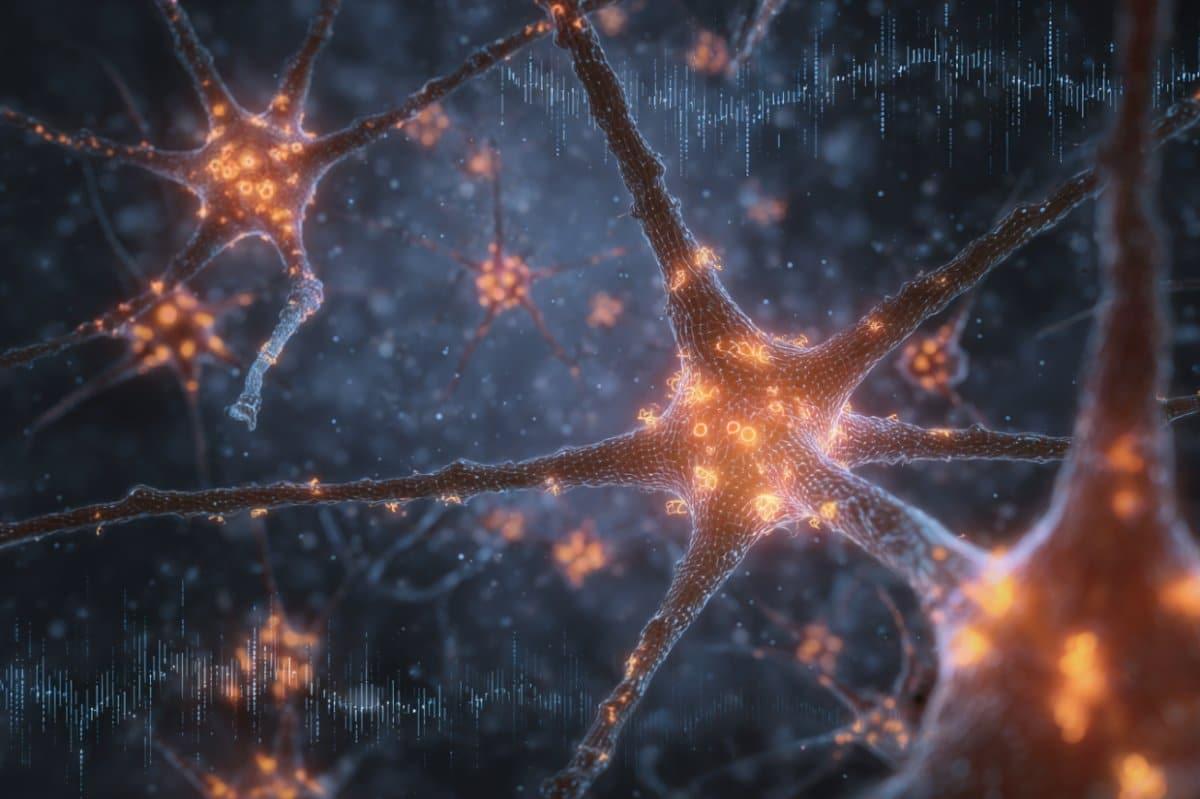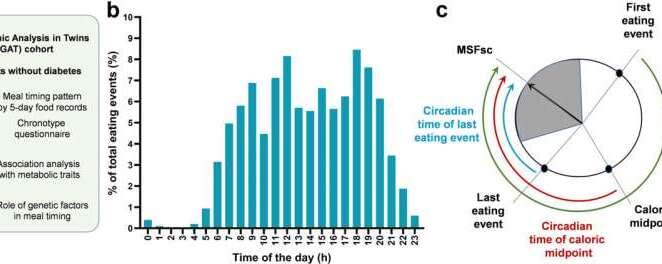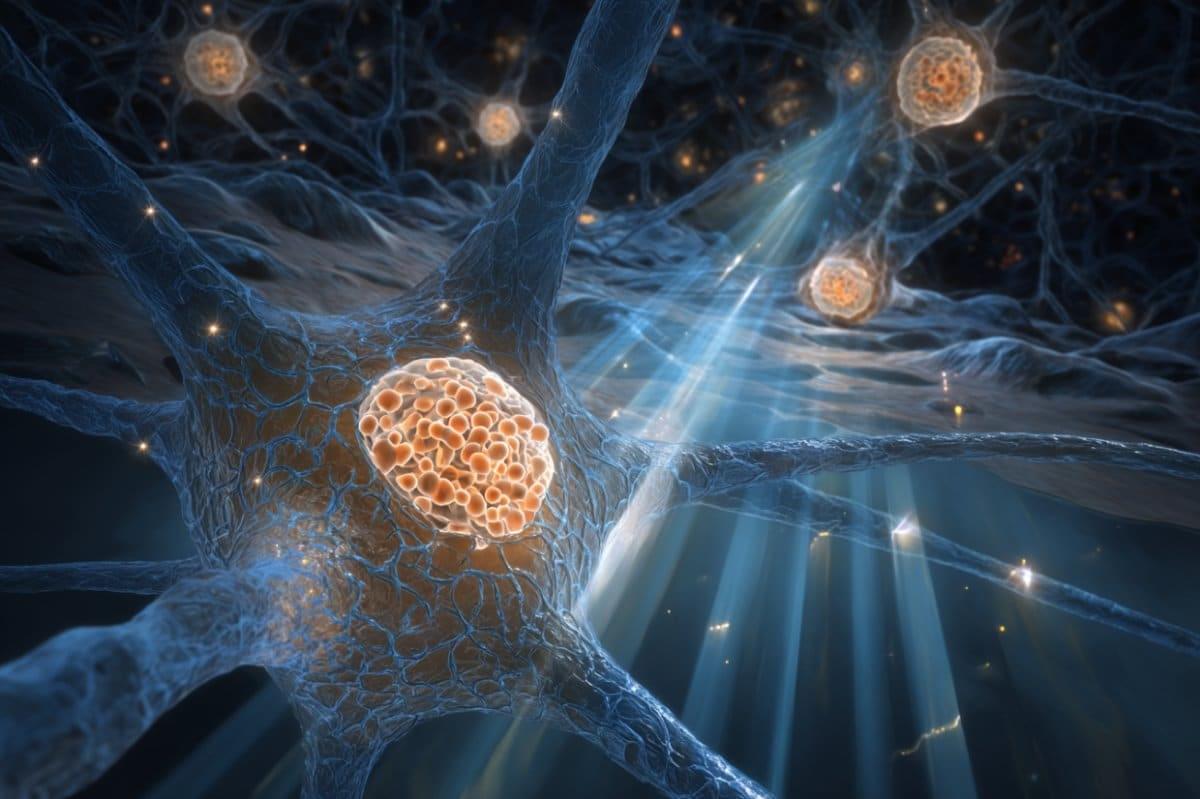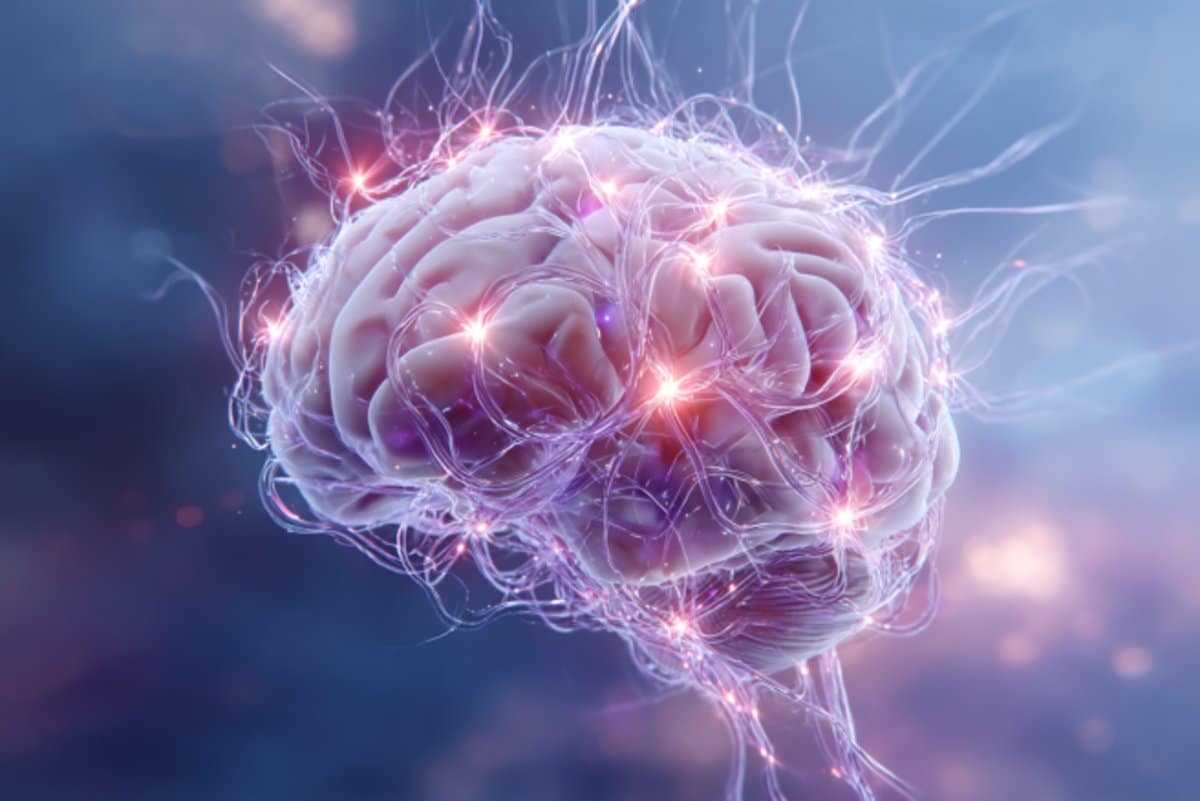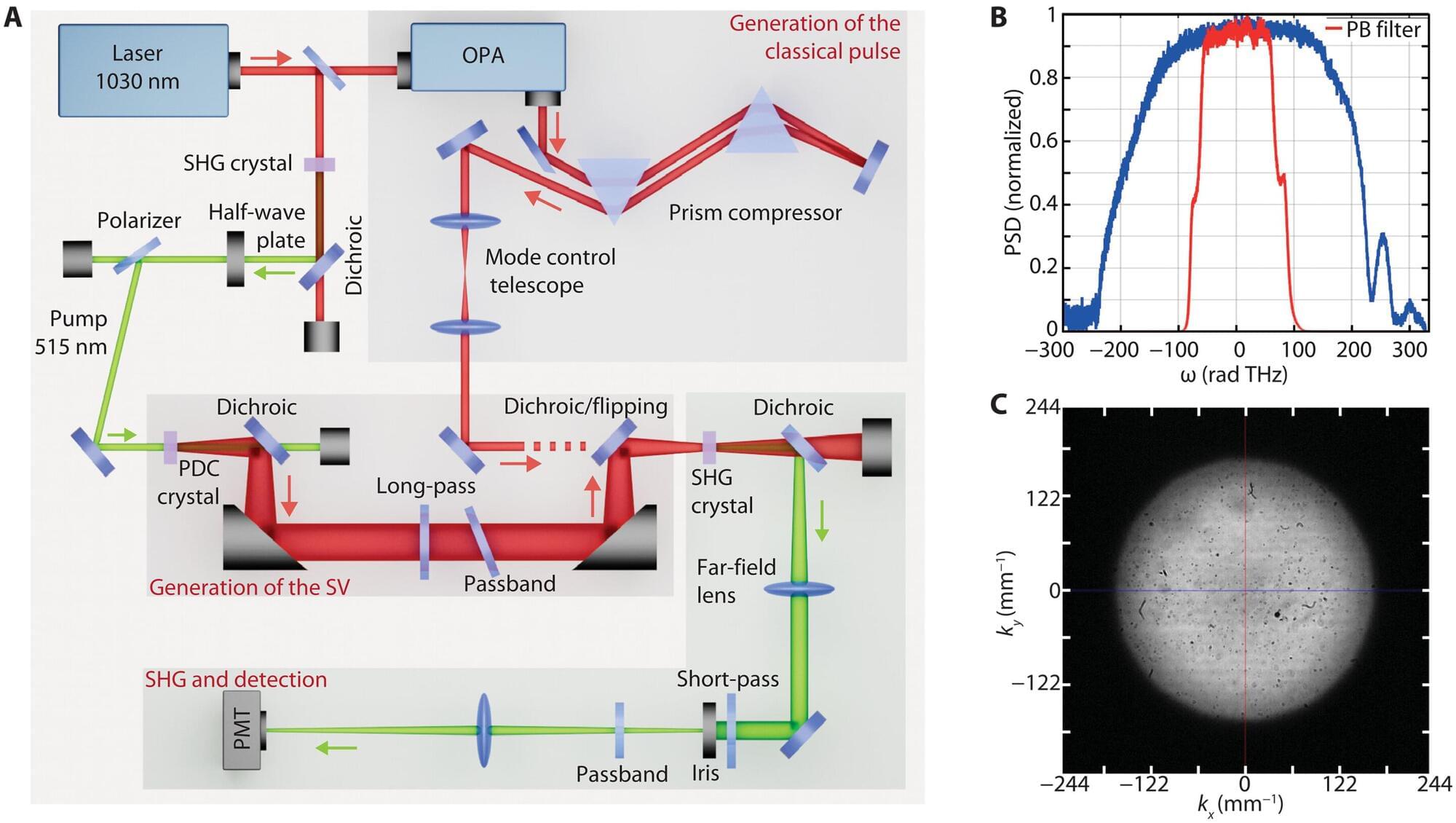A new large-scale study spotlights postoperative delirium as a preventable and high-impact complication which is driven by patient frailty and surgical stress—and one that can be addressed through low-cost, evidence-based interventions.
The findings, which appear in JAMA Network Open, provide a call to action for clinicians, health systems, patients, and families to prioritize brain health throughout perioperative care.
“Postoperative delirium isn’t a minor complication—it’s analogous to acute brain failure, a medical emergency that should be recognized and addressed,” said Laurent Glance, MD, a professor of Anesthesiology and Perioperative Medicine at the University of Rochester Medical Center (URMC) and senior author of the study.


